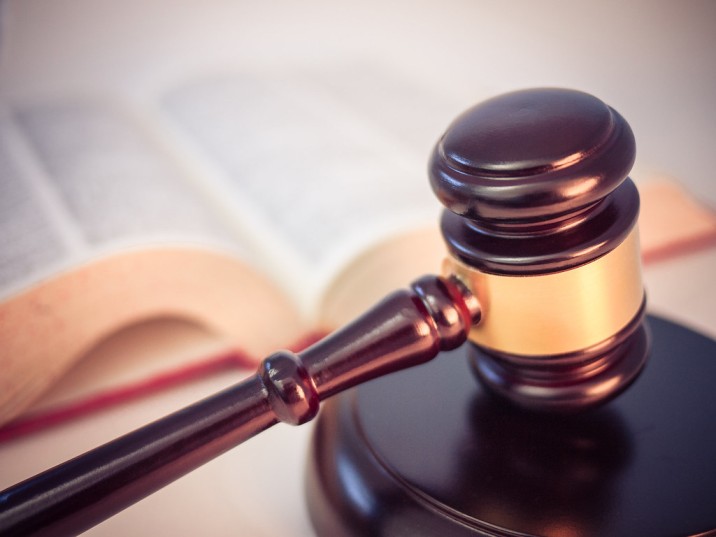Negligence is a critical concept in personal injury law and plays a pivotal role in determining liability and compensation in personal injury cases. At Colin Sharman Personal Injury Law Firm, we believe it’s essential for our clients to understand the role of negligence and how it impacts their ability to seek justice and compensation for their injuries.
What is Negligence?
Negligence is the failure to exercise reasonable care or caution under the circumstances, resulting in harm or injury to another person. In personal injury cases, establishing negligence involves proving four key elements:
- Duty of Care: The defendant (the person or entity being sued) owed a legal duty of care to the plaintiff (the injured party). For example, drivers have a duty to operate their vehicles safely, property owners have a duty to maintain safe premises, and healthcare providers have a duty to provide competent medical care.
- Breach of Duty: The defendant breached their duty of care by failing to act reasonably under the circumstances. This breach may involve actions such as reckless driving, failure to maintain property, or medical errors.
- Causation: The defendant’s breach of duty directly caused or contributed to the plaintiff’s injuries. In legal terms, causation requires establishing that the injury would not have occurred “but for” the defendant’s negligent actions.
- Damages: The plaintiff suffered actual damages, such as physical injuries, emotional distress, medical expenses, lost wages, and pain and suffering, as a result of the defendant’s negligence.
How Negligence Impacts Personal Injury Cases:
In personal injury cases, negligence serves as the legal basis for holding negligent parties accountable for the harm they cause. Plaintiffs must demonstrate that the defendant’s negligent actions were the proximate cause of their injuries to recover compensation for their losses.
Negligence can take many forms in personal injury cases, including:
- Negligent driving behaviors leading to car accidents, such as speeding, distracted driving, or driving under the influence of alcohol or drugs.
- Failure to maintain safe premises, resulting in slip and fall accidents, trip and fall accidents, or other injuries on someone else’s property.
- Medical errors and malpractice, including misdiagnosis, surgical mistakes, medication errors, and birth injuries.
- Product defects and failures, leading to injuries caused by defective vehicles, appliances, consumer goods, and pharmaceuticals.
Seeking Legal Guidance:
Proving negligence in personal injury cases requires a thorough understanding of the law and the ability to gather and present evidence to support your claim. If you’ve been injured due to someone else’s negligence, it’s essential to seek guidance from an experienced personal injury attorney like those at Colin Sharman Personal Injury Law Firm.
Our dedicated legal team can evaluate the circumstances of your case, determine whether negligence played a role in your injuries, and help you pursue the compensation you deserve. Contact us today for a free accident related resources to discuss your case and learn how we can advocate for your rights and recovery.

